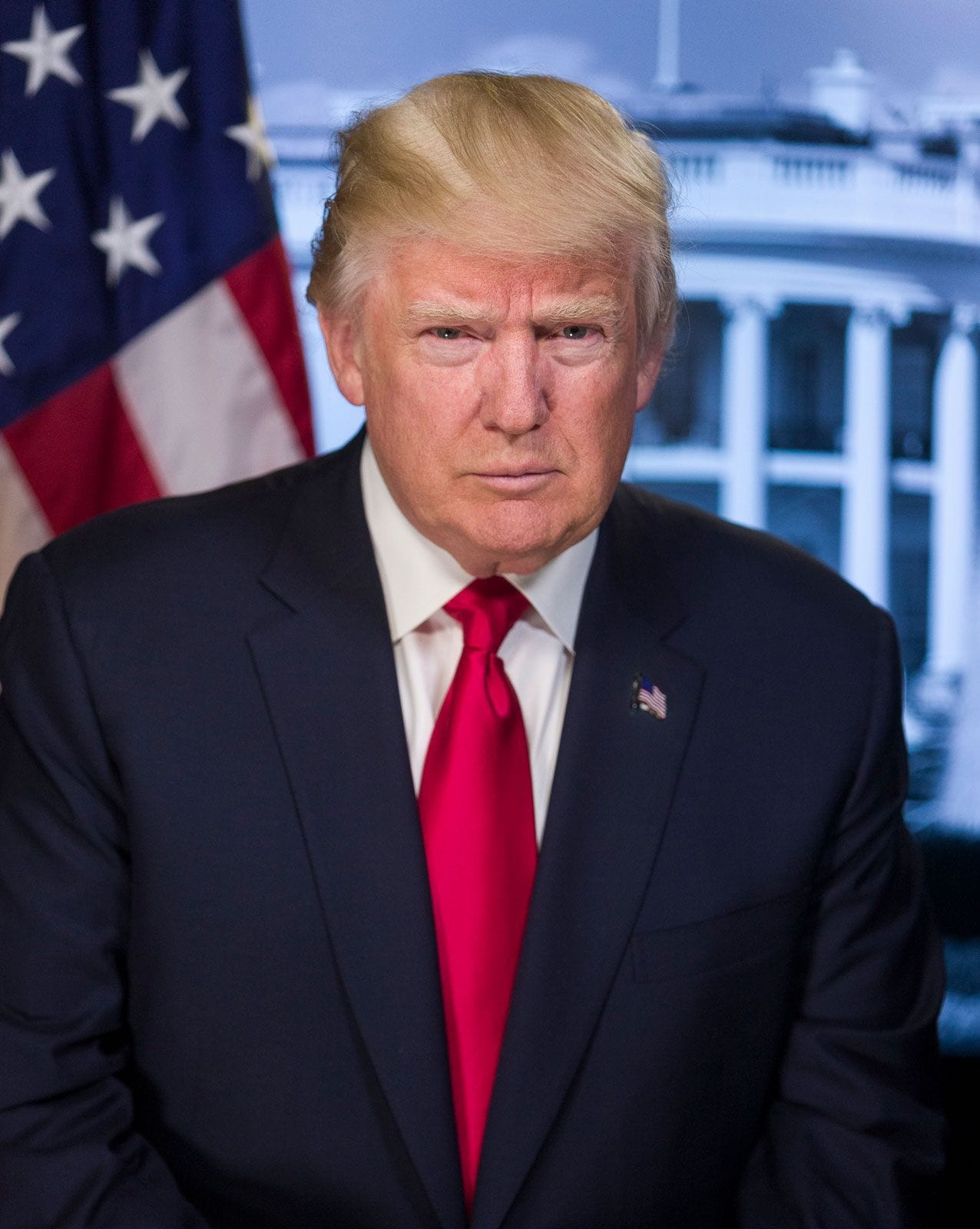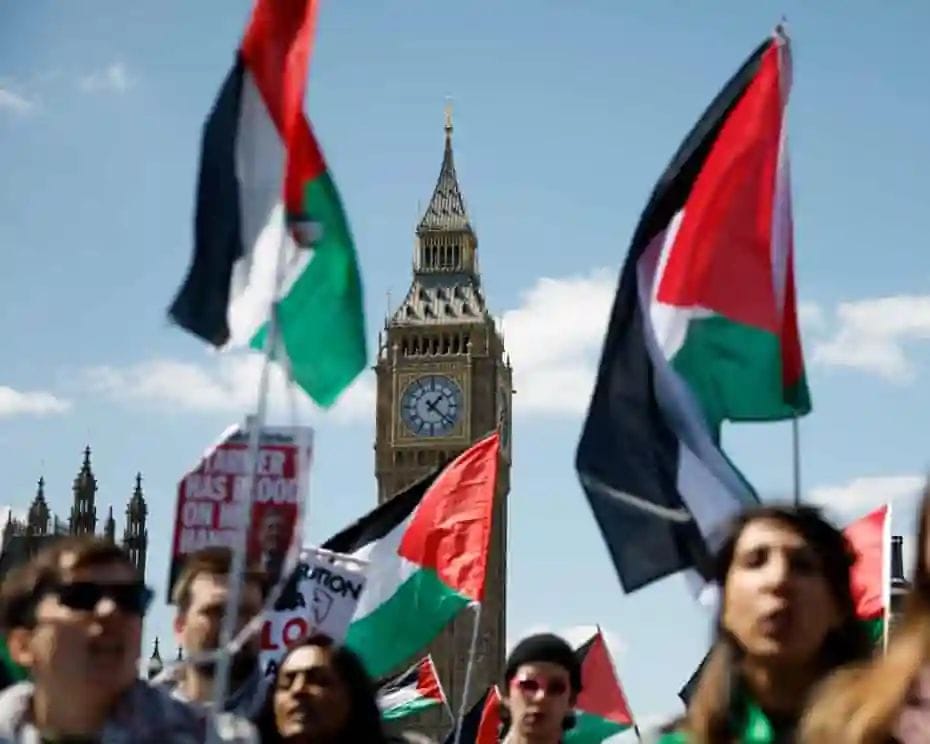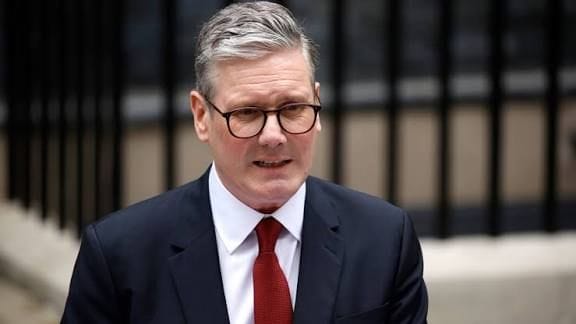Trump warns NATO on Russia sanctions, demanding allies end Russian oil imports and unite on tariffs against China to pressure Moscow over Ukraine war.
U.S. President Donald Trump has renewed pressure on America’s Western partners as Trump warns NATO on Russia sanctions, insisting Washington will only move ahead with sweeping penalties if all member states agree and fully end their reliance on Russian oil.
His remarks have intensified debate over NATO’s unity at a critical moment in the Ukraine conflict.
In a strongly worded letter shared on social media, President Trump declared, “I am ready to do major sanctions on Russia when all NATO nations have agreed, and started, to do the same thing, and when all NATO nations STOP BUYING OIL FROM RUSSIA.”

He argued that continued purchases of Russian energy undermine NATO’s leverage.
“NATO’s commitment to WIN has been far less than 100%, and the purchase of Russian Oil, by some, has been shocking! It greatly weakens your negotiating position, and bargaining power, over Russia,” he wrote.
Trump emphasized that his willingness to act depends entirely on unity within the alliance.
“Anyway, I am ready to ‘go’ when you are. Just say when?” he concluded.
Trump calls for tariffs on China
Beyond sanctions, President Trump urged allies to widen their strategy to include harsh tariffs on China.
He proposed duties ranging from 50% to 100% on Chinese goods, to remain in place until the Ukraine war concludes.
According to Trump, such collective economic action would weaken both Moscow and Beijing, hastening the war’s end.
“This, plus NATO as a group placing 50% to 100% tariffs on China, to be fully withdrawn after the war with Russia and Ukraine is ended, will also be of great help in ending this deadly, but ridiculous, war,” Trump said.
Analysts note that the idea reflects Trump’s belief in wielding trade as a weapon of foreign policy.
Yet critics warn that merging NATO’s military mission with broad economic campaigns could strain the alliance and trigger retaliatory measures from China.
NATO divisions over Russian oil
Trump’s remarks highlight one of the alliance’s most sensitive challenges: energy.
The European Union has already banned most seaborne imports of Russian crude oil and refined products like diesel.
Still, some NATO members and partners continue importing energy from Moscow.
Turkey, for instance, remains a significant customer, while others have struggled to secure alternative supplies.
This uneven approach has created visible NATO divisions over Russian oil, weakening the bloc’s bargaining position.
Trump has seized on these fractures to argue that without a total embargo, sanctions will never achieve their intended impact.
European leaders acknowledge the difficulty. While progress has been made in cutting dependence on Russian energy since 2022, full disengagement is costly and politically sensitive, particularly during winter months when demand surges.
Strained ties with India
Trump’s push for discipline has extended outside NATO. In a controversial move, he recently doubled tariffs on Indian imports to 50% in retaliation for New Delhi’s ongoing oil purchases from Russia.
India strongly criticized the decision as “unjustified,” and Trump himself admitted it created a “rift” in relations.
India, though not a NATO member, is a key U.S. partner in Asia. Experts caution that alienating New Delhi risks undermining Washington’s long-term strategy of balancing China’s growing influence in the region.
For now, however, President Trump has stood firm, arguing that consistent pressure on all nations is the only way to weaken Moscow’s war machine.
European reluctance on China tariffs
While Trump pushes NATO to confront Beijing with sweeping tariffs, European leaders remain cautious.
The European Union is engaged in major trade negotiations with China and fears jeopardizing economic ties.
Some officials also question whether NATO, as a defense alliance, is the right forum to launch trade wars.
Critics in Europe say such a move could destabilize supply chains, hurt industries, and distract from NATO’s primary mission of security and defense.
For now, most European governments appear reluctant to fully adopt the Trump tariffs on China strategy.
Rising tensions in Eastern Europe
Trump’s warnings come amid fresh tensions on NATO’s borders. Romania’s defense ministry reported that its air force intercepted a drone that entered its airspace during Russian strikes on Ukraine.
Two F-16s tracked the aircraft until it disappeared from radar near Chilia Veche, close to the Danube River.
Ukrainian President Volodymyr Zelensky condemned the violation, noting that the drone operated in NATO-controlled airspace for nearly an hour.
He described it as “an obvious expansion of the war by Russia.”
Days earlier, Polish officials reported a similar drone incursion, prompting Warsaw to launch aviation operations as a precaution.
U.S. Secretary of State Marco Rubio called these repeated violations “unacceptable and dangerous,” warning of the risks of escalation along NATO’s eastern flank.
NATO unity in Ukraine war at stake
These incidents underscore the high stakes behind Trump’s demands.
His ultimatum—summed up in the phrase Trump warns NATO on Russia sanctions—raises a fundamental question: can the alliance maintain solidarity while facing both military threats and economic strain?
Supporters argue that Trump’s approach could forge unprecedented unity and increase pressure on Moscow. Critics, however, worry that conditioning U.S. action on full NATO consensus risks paralysis at a moment when swift responses are critical.
As Russia shows no signs of backing down, the issue of NATO unity in the Ukraine war remains central. Whether the alliance rallies around Trump’s call or continues with a more cautious path will shape the next phase of the conflict.
By tying together sanctions on Russia, an embargo on oil, and tariffs on China, President Trump has presented NATO with an ambitious but divisive vision.
His supporters say bold measures are necessary to force Russia into negotiations.
His detractors argue that such demands could fracture the alliance and weaken its resolve.
For now, Trump’s message is clear: without full cooperation, there will be no new U.S. sanctions on Russia.
As NATO weighs its next steps, the tension between unity and division remains at the heart of the West’s struggle to confront Moscow.


